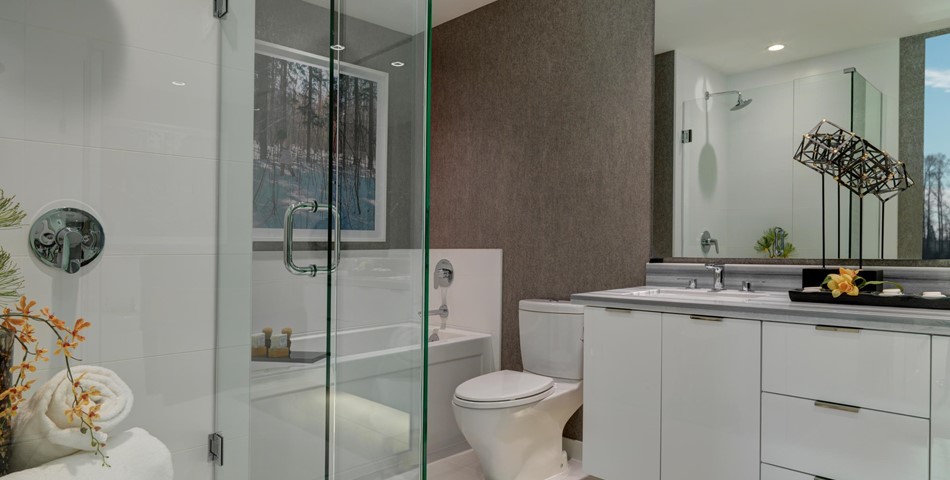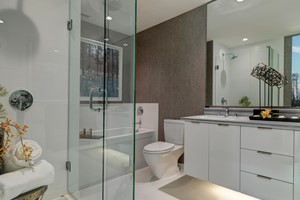Smart bathrooms offer optimally integrated solutions such as smart toilets, automatic flush systems, and automatic faucets that help conserve water and energy, thereby, aiding in the growth of the smart bathroom market in the coming years. Factors such as the increasing focus on energy conservation, maintaining hygiene, and sustainable development are expected to spur the demand for smart bathrooms during the predicted period. In the US, smart bathrooms are gaining popularity as they have advanced technologies that help conserve energy and maintain hygiene. Similarly, in Germany, the government has introduced the concept of smart bathroom in the construction market to control and reduce high energy costs. In India, rising population and rapid urbanization have led to an increasing demand for energy, water, and housing. To overcome this challenge, the government of India is encouraging the construction of smart buildings, which encompasses the use of smart bathroom products. Moreover, with technological advancements smart bathroom products boast better functionality, reduced human intervention, and help conserve natural resources, thereby spurring the growth prospects of this market until the end of 2020. The products and analysis of smart bathroom markets is segmented into smart windows, hand dryers, touchless cisterns, touchless soap dispensers, smart toilets, and touchless faucets. During 2015, the touchless faucets segment held the largest market share of more than 24 percent in the global smart bathroom market. The geographical expansion of various companies has resulted in the increasing construction of offices in emerging economies like India, Brazil, China, and Russia. The increasing construction of office spaces is expected to fuel the demand for touchless faucets, which control water flow to reduce wastage. They also eliminate the spread of germs and protect users from injuries such as blisters and peeling of skin due to hot water. Therefore, the increasing construction of office spaces will lead to augmented demand for touchless faucets over the predicted period. The global smart bathroom market is competitive owing to the presence of well-diversified international and regional vendors. The products offered by international vendors are more expensive than those offered by their local counterparts, especially in developing regions. The well-known vendors in the market are Grohe, Jaquar, Kohler, and Toto. Other prominent vendors identified in the market are Duratex, Eczacibasi (Vitra), Meon, Pfister, Roca Sanitario, and Sloan Valve.


Web: www.technavio.com











